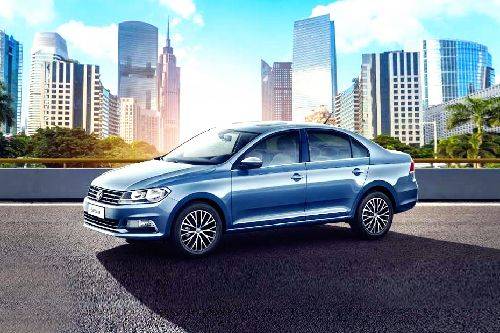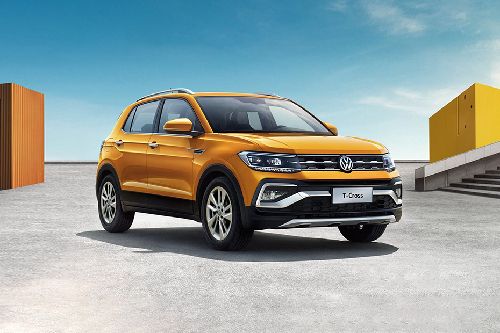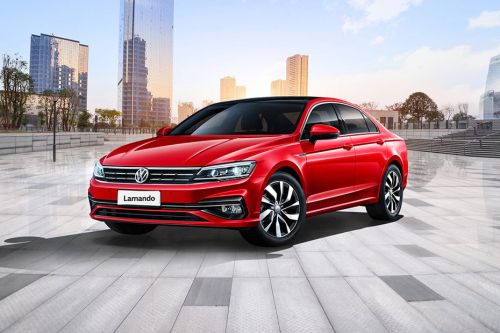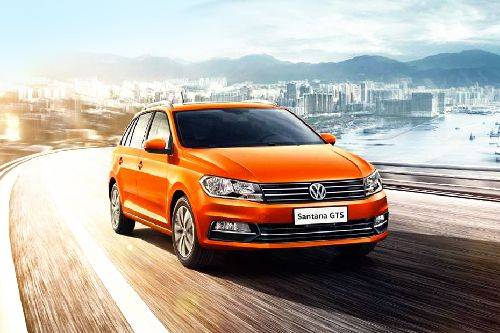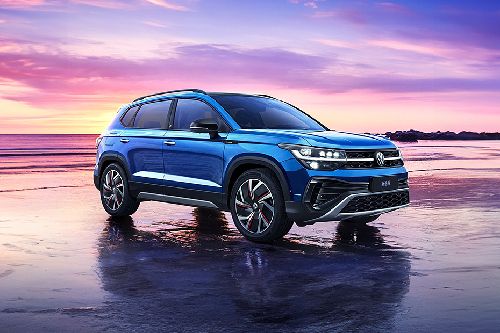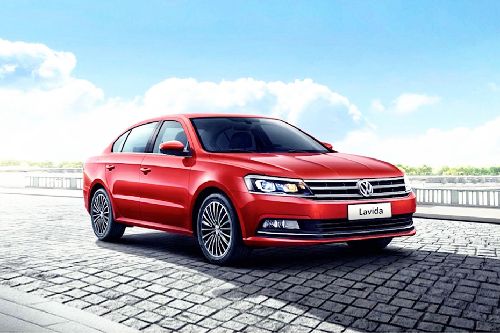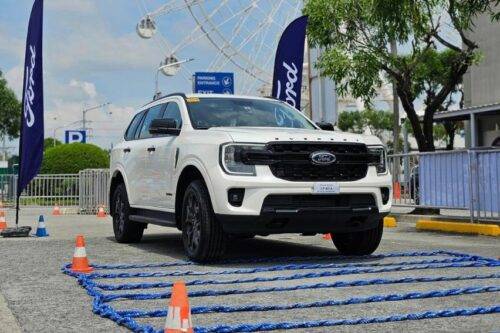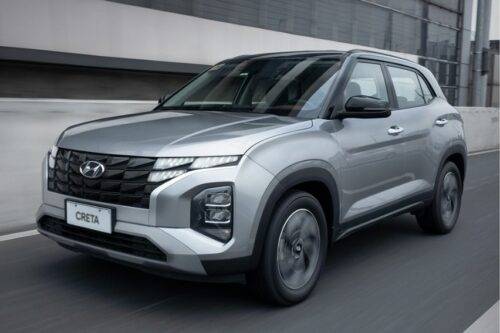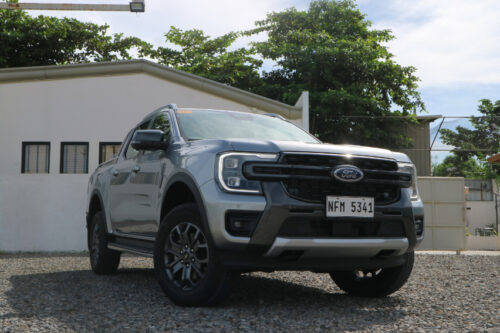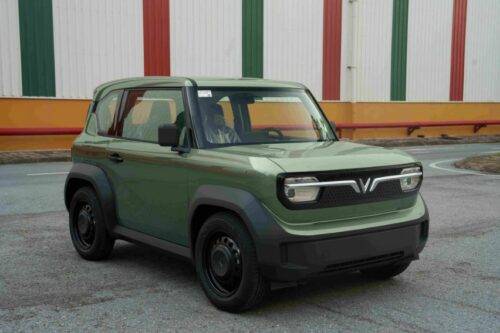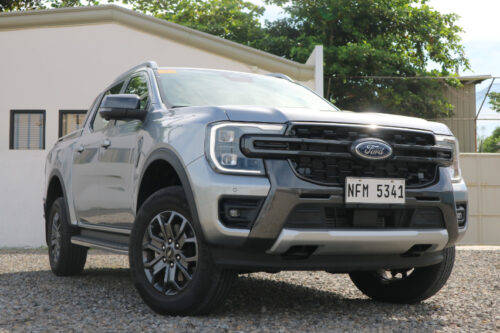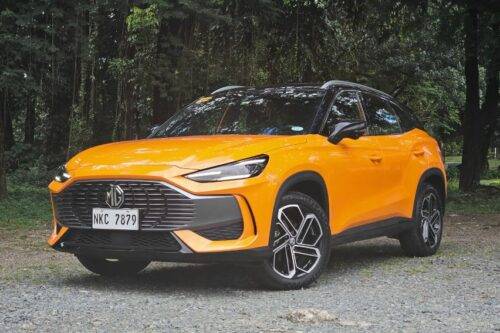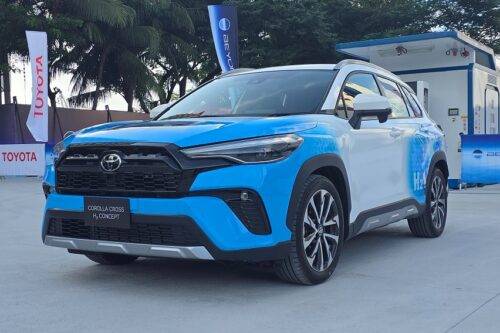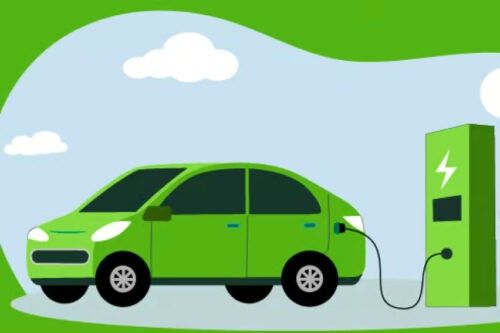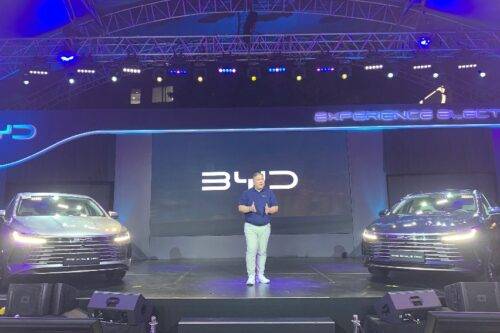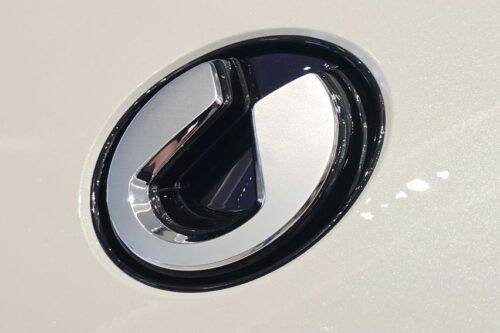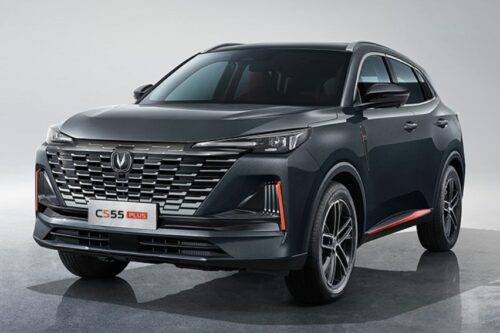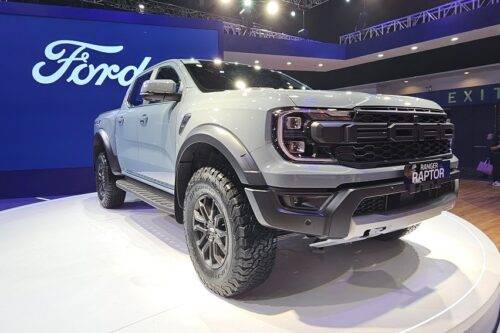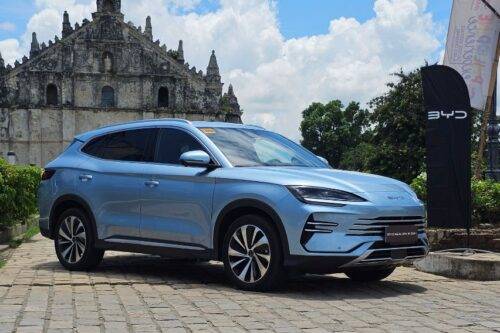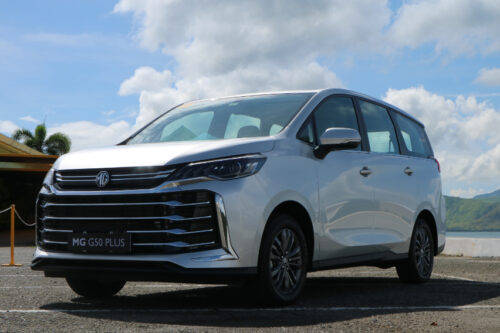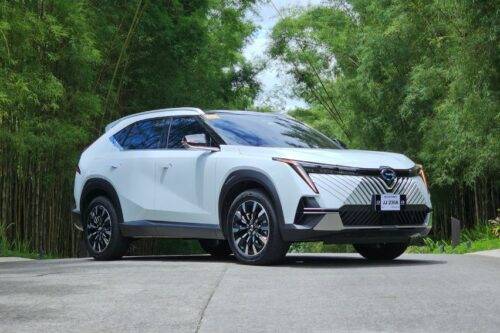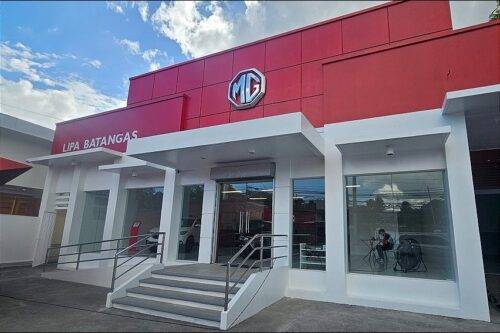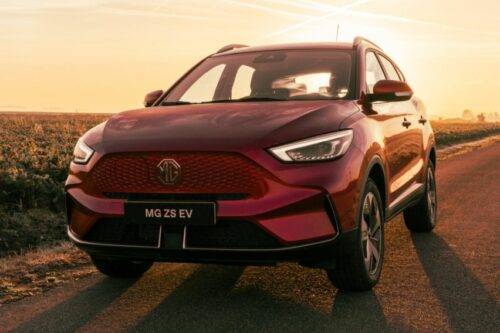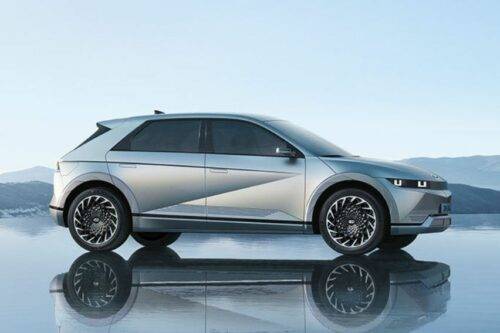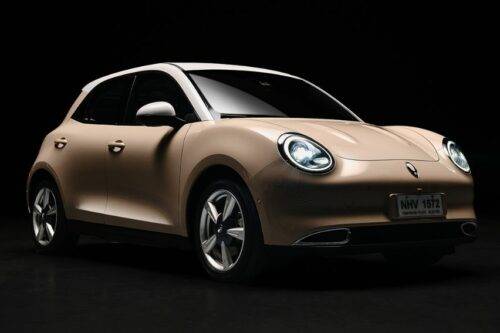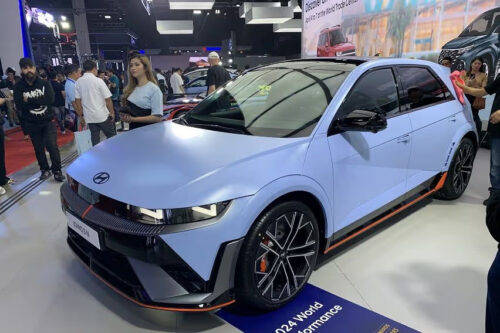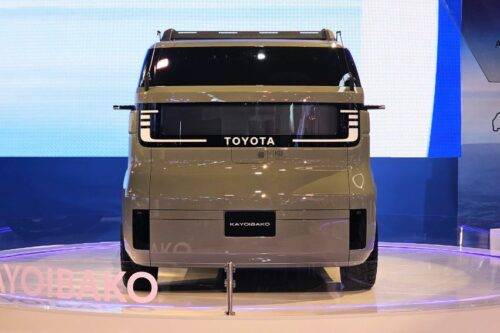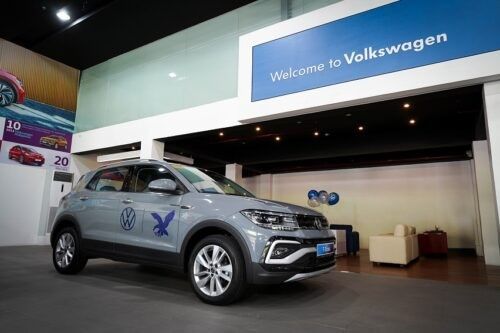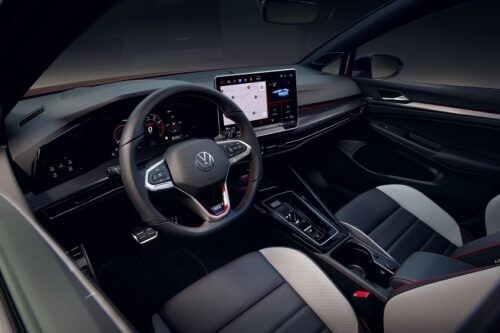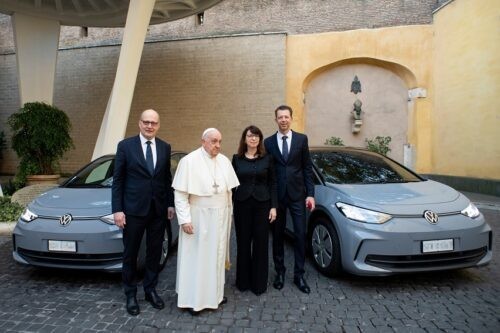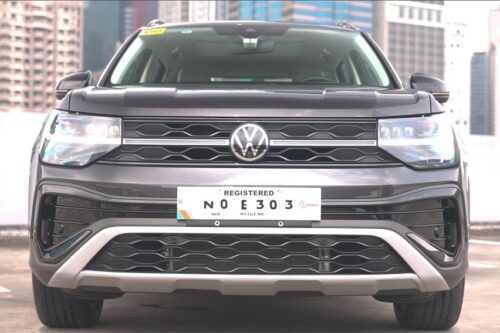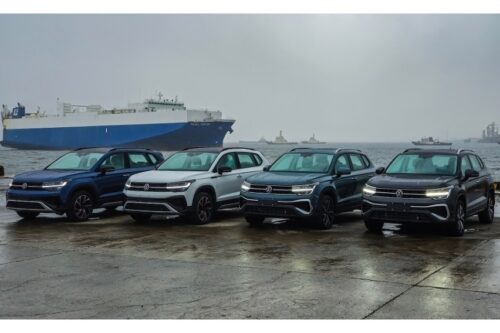Volkswagen Group BEV sales rise significantly in 2021
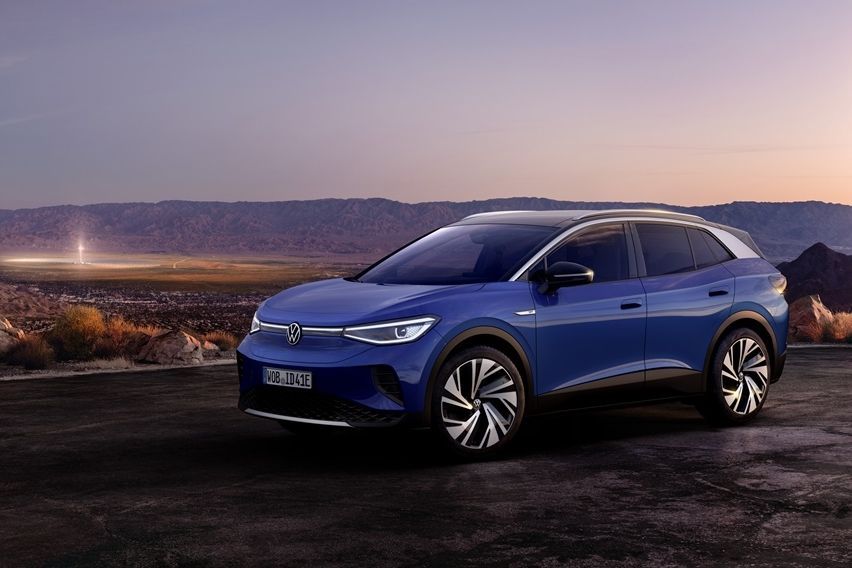
MANILA: The Volkswagen Group reported that sales of its battery electric vehicles (BEVs) in 2021 increased by 96% over figures in 2020. With the sales success, the group said it is on track with its "New Auto" EV strategy.
KEY TAKEAWAYS
How many battery electric vehicles has the Volkswagen Group sold in 2021?
In a report, the VW Group said it sold 452,900 BEVs worldwide.What is the best-selling electric car of the VW Group?
According to VW Group's tally, the Volkswagen ID.4 counted the best sales with 119,600 units sold.The group sold 452,900 BEVs worldwide. In Europe, the Group's BEV's sales accounted for 7.5% of the market. In China, 92,700 BEVs were delivered — more than four times the figure for 2020.
Meanwhile, sales of plug-in hybrid electric vehicles (PHEV) worldwide also rose significantly to 309,500 units (+61%).
Sales of the VW Group's BEVs accounted 5.1% of the total, which also includes the company's conventionally powered vehicles. In total, the Group delivered 8,882,000 vehicles of various power sources to customers around the world.
However, because of the global semiconductor (chip) shortage, total sales saw a slight decrease of 4.5% versus 2020, despite high customer demand and full order books, the Group said.
The Group’s top-selling BEV models (in units) in 2021 are as follows:
- Volkswagen ID.4: 119,600.
- Volkswagen ID.3: 75,500.
- Audi e-tron (including Sportback): 49,200.
- Škoda Enyaq iV: 44,700.
- Volkswagen e-up!: 41,400.
- Porsche Taycan (incl. Turismo): 41,300.
“(Year) 2021 was very challenging due to global semiconductor shortages, but we nevertheless consistently implemented our clear future course towards New Auto," Head of Volkswagen Group Sales Christian Dahlheim said.
"The doubling of our battery electric volumes and the high demand for all our vehicles clearly show that we are on the right track. This is something we will build on in the current year and continue to drive forward our transformation,” he added.
The company also said in a release that the "figures for 2021 show how the Volkswagen Group’s business model is changing." The numbers also reflect the consumers' progressive shift from conventional gas engines to EVs.
As part of the "New Auto" strategy, the Group aims that its future products will feature autonomous driving, and that in 2030, one in two cars sold worldwide will be purely electric.
The electrification of the group's product portfolio is also reflected in the investment planning for 2022 to 2026 that the Volkswagen Group presented in December. These plans provide for an increase in development costs for e-mobility of around 50% compared with the previous planning, giving a total of €52 billion.
Members of the VW Group are vehicle manufacturers Audi, Bentley, Cupra, Ducati, Lamborghini, Porsche, Seat, Skoda, Traton, and Volkswagen cars and commercial vehicles.
In terms of the group's sales across its brands, a total of 3,518,700 vehicles were delivered in Europe, a decrease of 2.7%. In North America, 908,400 customers took delivery of a new VW Group brand vehicle, a significant increase of 15.6%.
In the South America region, a total of 514,600 vehicles were handed over to customers, an increase of 5.1%.
In the Asia-Pacific region, deliveries fell by 12.4% year-on-year to 3,610,600 units. China, the group’s largest single market, was among the hardest hit by the semiconductor shortages. Here, deliveries were down by 14.1% to 3,304,800 units.
Photos from Audi, Volkswagen, Porsche, Lamborghini
Also read: New charging ecosystem introduced exclusively for Volkswagen EVs
Sell your car at the best price
 Verified and genuine buyers
Verified and genuine buyers
Volkswagen Car Models
PIMS 2024
- Latest
- Popular
You might also be interested in
- News
- Featured Stories
- Popular
Latest Volkswagen Car Videos on Zigwheels

Volkswagen Car Articles From Carmudi
- journal

